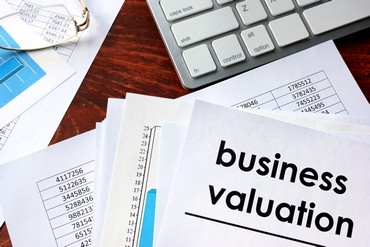Valuation Methods

The primary goal of a business valuation is to determine the fair market value of a subject company. for this purpose, fair market value can be defined as:
The price at which property would change hands between a (hypothetical) willing buyer and a (hypothetial) willing seller when the former is not under any compulsion to buy and the latter is under no compulsion to sell, both parties having reasonable knowledge of the relevant facts (Rev. Rul. 59-60).
There is also an underlying assumption that the hypothetical buyer and seller are able and willing to consummate the tranaction and are well informed about the property and the market for such property. In buiness valuation, the "property" is normally the common stock of the company.
We use the following business valuation methods for closely held companies.
- Asset-based business valuation methods
- Income-based business valuation method
- Market-based business valuation method
Once a value using one of the above approaches has been determined, the amount may be adjusted for
- a control premium or a minority interest discount, and
- a discount for lack of marketability.
The former considers the ability of a shareholder to influence the operating policies of a company. The lattr acknowledges that, generally speaking, equity interests in closely-held companies are illiquid compared to most other investments.

